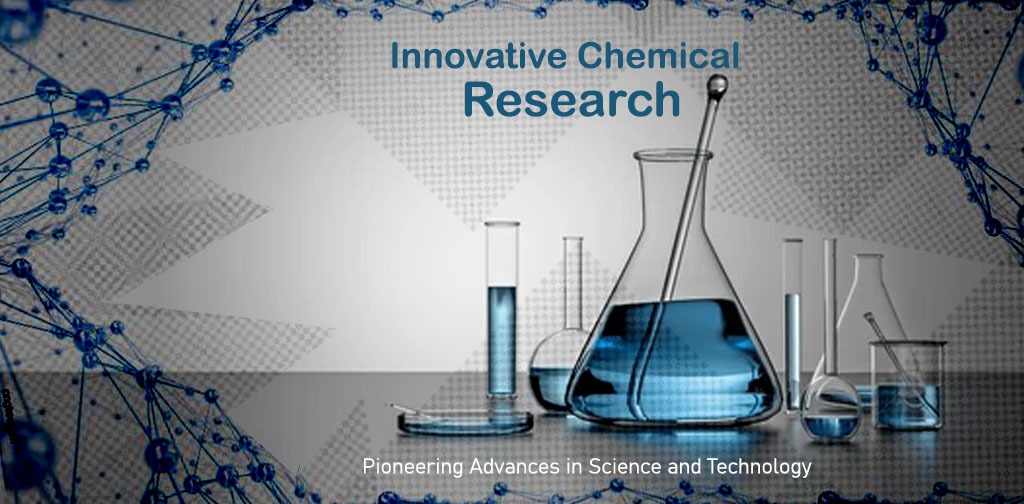Introduction
Chemical research
stands at the forefront of scientific innovation, driving discoveries that
revolutionize industries, improve human health, and address global challenges.
At Guinness Press, we explore the dynamic field of chemical research, highlighting
groundbreaking developments, emerging trends, and the transformative impact of
these innovations. This blog delves into key concepts, recent advancements, and
the future directions shaping innovative chemical research.
The Power of Chemical Research
Chemical
research
encompasses the study of substances, their properties, compositions, and
reactions. It advances our understanding of fundamental principles and their
practical applications across various disciplines. From pharmaceuticals and
materials science to environmental sustainability and beyond, chemical research
plays a pivotal role in shaping modern society.
Key Areas of Innovative Chemical Research
1. Materials
Science and Nanotechnology:
Materials science
explores the design, synthesis, and characterization of new materials with
tailored properties for specific applications. Nanotechnology, a subset of
materials science, focuses on manipulating materials at the nanoscale to
enhance performance and functionality.
Example: Development of nanomaterials
for drug delivery systems, renewable energy technologies, and lightweight,
high-strength materials.
2. Green
Chemistry and Sustainable Practices:
Green chemistry
emphasizes the design of chemical processes and products that minimize
environmental impact, conserve resources, and reduce waste generation.
Example: Sustainable synthesis
methods, bio-based materials, and recycling technologies to achieve circular
economy principles.
3.
Pharmaceutical Chemistry and Drug Discovery:
Pharmaceutical
chemistry involves the design, synthesis, and evaluation of new drug compounds
to treat diseases more effectively and safely.
Example: Discovery of novel
therapeutic agents, drug delivery systems, and personalized medicine approaches
based on genomic and proteomic insights.
4. Chemical
Engineering and Process Optimization:
Chemical engineering
applies principles of chemistry, physics, and mathematics to develop efficient
processes for producing chemicals, fuels, and materials.
Example: Process intensification,
catalysis, and computational modeling to enhance efficiency, reduce energy
consumption, and lower production costs.
Recent Advances in Innovative Chemical Research
1. Artificial
Intelligence (AI) in Chemistry:
AI and machine
learning algorithms analyze vast datasets to predict chemical properties,
optimize molecular designs, and accelerate drug discovery processes.
Example: AI-driven platforms for
virtual screening of potential drug candidates, molecular docking simulations,
and predictive modeling of chemical reactions.
2.
Bioinspired Materials and Biomimetic Design:
Drawing inspiration
from nature, researchers develop biomimetic materials that replicate biological
structures and functions, offering innovative solutions in medicine, energy
storage, and environmental remediation.
Example: Synthetic polymers with
self-healing capabilities, bio-inspired adhesives, and biomimetic membranes for
water purification.
3. Advanced
Analytical Techniques:
Cutting-edge
analytical tools, such as mass spectrometry, nuclear magnetic resonance (NMR)
spectroscopy, and electron microscopy, enable detailed characterization of
molecular structures and interactions.
Example: High-resolution imaging of
nanoscale materials, single-molecule spectroscopy, and in situ analysis of chemical
reactions under realistic conditions.
Challenges and Future Directions
1.
Sustainability and Environmental Impact:
Addressing the
environmental footprint of chemical processes and products remains a critical
challenge. Innovations in green chemistry and sustainable practices are
essential for minimizing ecological impact and promoting resource efficiency.
2.
Interdisciplinary Collaboration:
Collaboration across
disciplines, including chemistry, biology, engineering, and computer science,
fosters synergistic approaches to tackle complex scientific and technological
challenges.
3. Ethical
and Safety Considerations:
Ensuring the
responsible use of chemical innovations, adherence to regulatory standards, and
prioritizing safety in research and industrial applications are paramount.
Conclusion
Innovative chemical
research drives scientific progress and technological innovation, offering
solutions to global challenges and improving quality of life. By pushing the
boundaries of knowledge, embracing interdisciplinary collaboration, and
integrating cutting-edge technologies, researchers and practitioners in the
field continue to pave the way for a sustainable and prosperous future. At
Guinness Press, we are committed to advancing the discourse on innovative chemical
research, sharing insights, and fostering dialogue that shapes the future of
science and technology.
